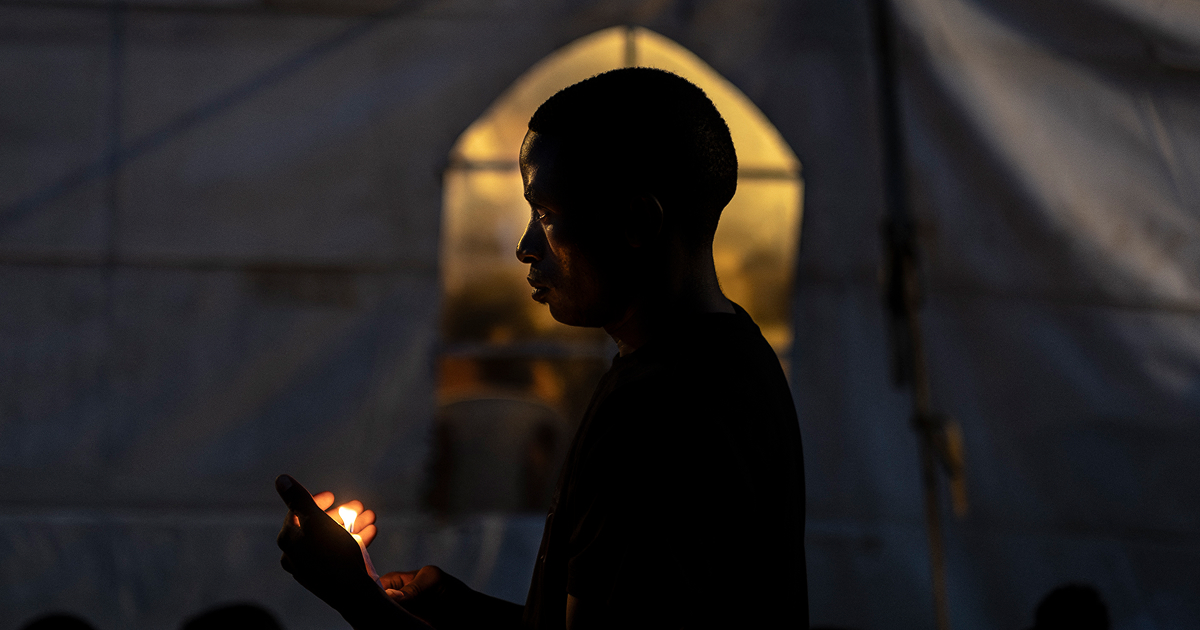It takes a peculiar cast of mind to find cause for concern when a child says grace before meals. But it is this which prompted the parents of a girl who did just that at home, having learned to do so at school, to challenge the entire system of religious education in Northern Ireland.
They are humanists and object to their child being taught the tenets of Christianity as truths in school.
So they brought a case against the school which ended in the UK Supreme Court. In a unanimous decision the Court found that religious education lessons and collective worship which are not "objective, critical and pluralistic" are a form of "indoctrination".
By way of evidence, the justices highlight a number of concepts from the curriculum. In the Foundation Stage core syllabus, teachers are encouraged to "provide opportunities for pupils to appreciate" that "praying is a way of talking to God so that we can thank him, praise him, say sorry and ask for help".
At Key Stage 1, they are directed to help pupils "understand that the God who loves them is forgiving towards them and that they should be forgiving towards others".
The Key Stage 2 syllabus tasks teachers with urging pupils to "consider the respect due to creation, which is the gift of God".
What sane person could possibly object to a child learning to be forgiving or to respect Creation?
What sane judge could see this as indoctrination as opposed to the formation proper to a child?
Primary school children cannot assess the philosophical arguments in favour of religion presented from multiple viewpoints; what they will derive from a pluralistic approach is that there is no such thing as objective religious truth.
And what the judges seemed to have missed, including Lord Stephens, who wrote the court’s report, is that this humanist approach is itself a philosophical point of view.
So instead of a child learning Christianity, she will be taught another philosophy, humanism.
The school in question is historically attended by Northern Irish Protestants but the implications will be felt by all Christians, including Catholics.
This is a retrograde decision which all Christian denominations should challenge.
RELATED: Is the Supreme Court trying to strip the UK of all its Christian vestiges?
RELATED: If you're rich don’t worry about the Supreme Court's ruling
Photo: A child sits on a prie dieu chair and prays in front of a display of candles in Saint-Melaine Church, Morlaix, France, 4 August 2025 (Photo by NICOLAS GUYONNET/Hans Lucas/AFP via Getty Images)
This article appears in the joint December 2025/January 2026 edition of the Catholic Herald. To subscribe to our thought-provoking magazine and have independent, high-calibre and counter-cultural Catholic journalism delivered to your door any where in the world click HERE.





.jpg)











